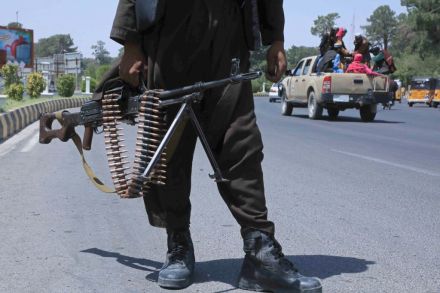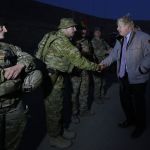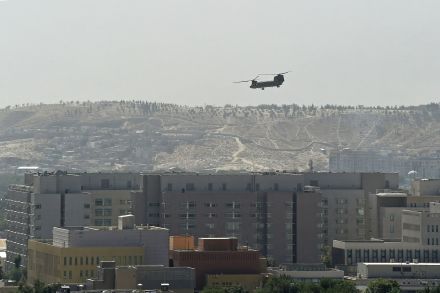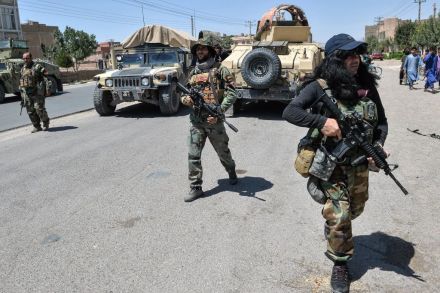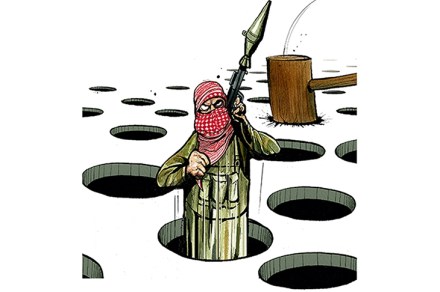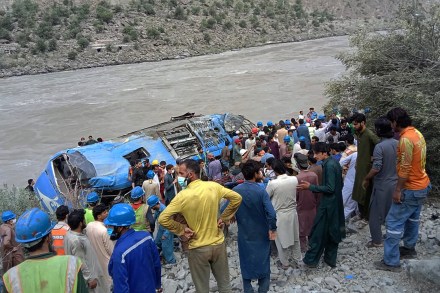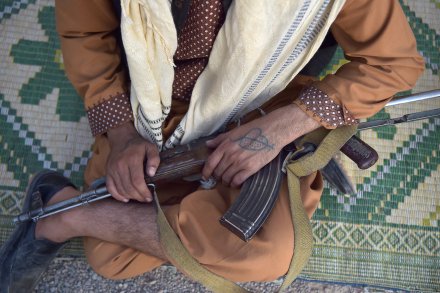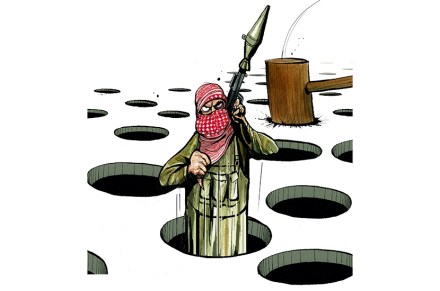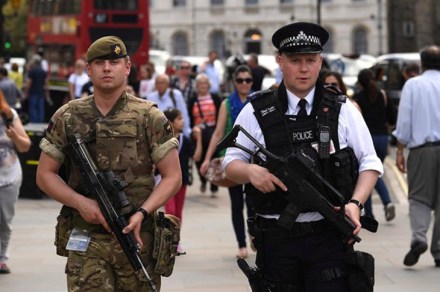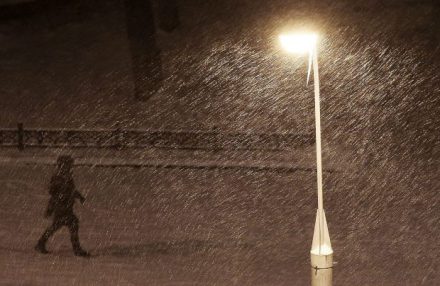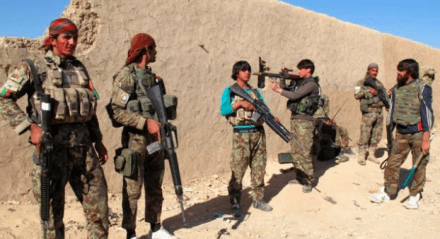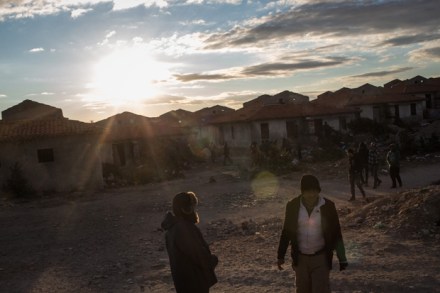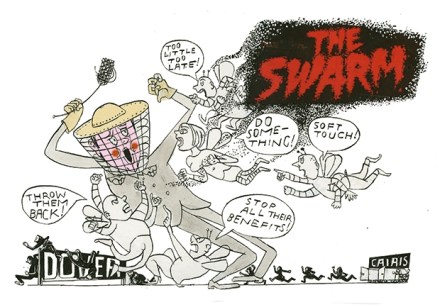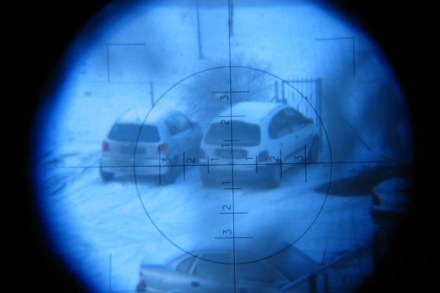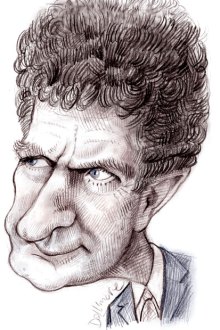The real reason Biden was prepared to let Kabul fall
The speed of the Taliban’s advance, culminating in Sunday’s capture of Kabul, has been widely put forward as proof that Joe Biden was wrong: that his decision to end the 20 year-old Afghan mission was a historic mistake that will blight his presidency. For all that, as he himself has said, he was the fourth president to preside over the war and he would not hand it over to a fifth, he could go down only as the president who lost Afghanistan. Maybe. But is this really how the United States — and allied — flight from Afghanistan will be seen with the benefit of even a little hindsight? Much,
